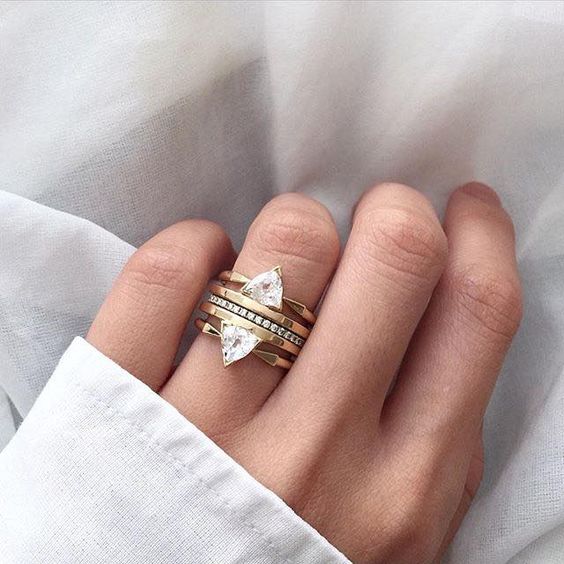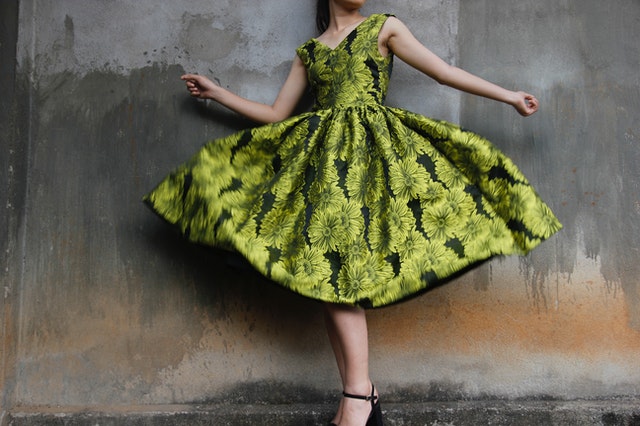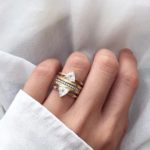If you’re planning to sell some of your jewellery at auction – maybe you’re making room for some more modern pieces or you recently received some antique pieces in an inheritance – then you need to do it right so you get the best prices possible.
All about estate
Estate simply means jewellery that’s been owned before. If jewellery is estate, then this can determine the price. Most often, pre-owned pieces won’t attract the same prices as new, but of course, not all vintage or pre-owned jewellery is the same. Some will sell for much, much more. This is what you need to find out.
One of the factors in pricing estate jewellery is style. Some styles are timeless and classic, whereas others date very rapidly. If it’s out of style, then you’ll find it hard to get top dollar for it, so you can sell it for its intrinsic value (the going price for the gems and metals themselves). Antique jewellery, on the other hand, often commands good prices, but to be certain, you should take advice about jewellery auctions from rosss.com before you commit to selling.
Condition matters
The condition a piece is in also has a huge bearing on its price. If it’s broken, worn or damaged, people won’t pay much for it unless it’s really special and the rewards of repairing the piece outweigh the costs. Jewellery repair is a tricky business – bent or snapped items are often cheap to correct and repair, whereas some types of minor damage mean nothing can be done to restore it to its previous value.
If the items are just plain worn-out, then you’re probably looking at intrinsic value only.
Clean up your act
Of course, jewellery looks best when it’s clean and sparkling. However, don’t just grab a bottle of brass cleaner and have at it, or you could do serious damage. Find out the right way to clean your pieces and what the right products are for the type of metal and gems. If you’re in doubt, let the professionals do it for you.
Know your gems
Everyone loves the gems, they make jewellery fun. Sometimes, however, the price of a piece is unaffected by its gems and sometimes 90% or more of the price is dictated by the stones. Natural rubies are much more valuable than synthetic, and poor-quality diamonds may fetch less than some amethysts. You need to find out about this, as well as knowing how to assess the condition of the gems. Some will re-polish nicely while others are rendered almost worthless by chips and gouges.
How do you sell for the best price, then?
With estate jewellery, it’s all about the compromise – you need to be prepared to wait for the right buyer if you really want the best price. If you just want to sell up and pocket the cash fast, then you may have to settle for less. You might have to talk to several potential buyers and have them inspect your pieces before finding the right deal. Going through an auction house is one of the safest and best ways to sell jewellery successfully, so have a chat with a few before deciding which one to go with.




